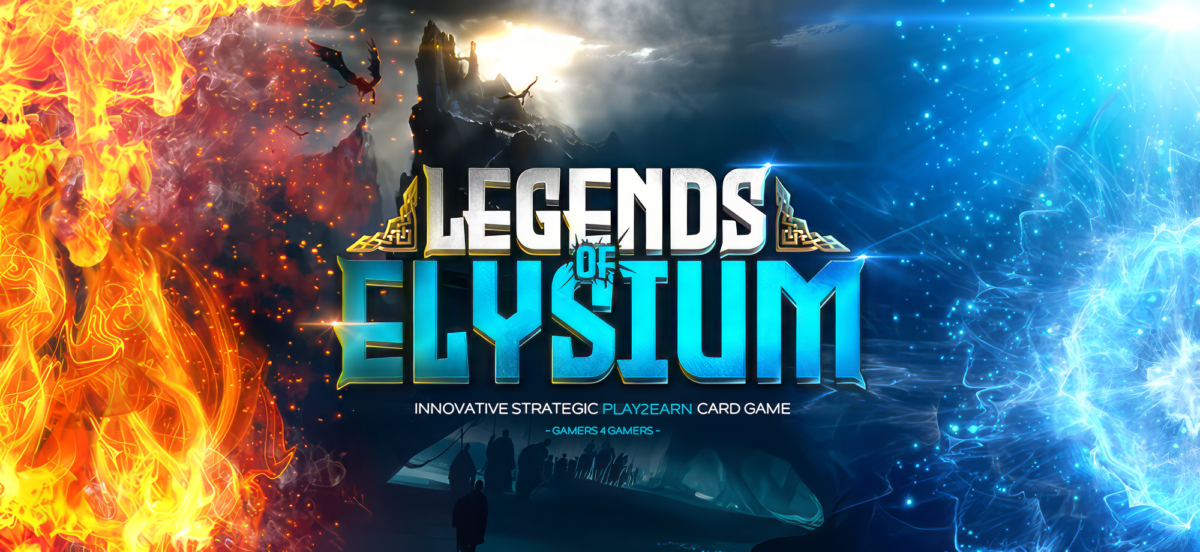Howdy y’all! If you’re anything like me, you’ve got a hankering for an enthralling strategy experience that’s sweeter than pecan pie, let me tell ya. Well, for all you card game enthusiasts and fantasy fans, pull up a chair and let me spin you a yarn about a little gem I’ve come across—it’s called Legends of Elysium, LoE for short. Recently, folks have been chattin’ over the fence about the prices of trading cards shootin’ up quicker than a jackrabbit on a hot griddle—not just among die-hard players, but investors with a nose for opportunity too. So today, let’s wrangle some knowledge on how we might predict these price spikes with a little know-how called decision tree analysis.
Trading card games have captured the imagination of folks far and wide—from weekend warriors to the most grizzled of gamers, and even the dreamers who lose themselves in tales of fantasy worlds. What with their intricate game mechanics, a backdrop of stories as rich as Texas oil, and visuals that’ll make your heart sing, it’s no wonder these games are as treasured as a secret fishing spot. Now the rare and in-demand cards are what’s really causing a stir, drawing in more players and turning this hobby into a bona fide investment. Predictin’ when these prices will take off has been as tricky as a coyote, but it might just get easier. We’re fixing to dig into decision tree analysis and how it might be the ace in the hole for forecasting those unpredictable price jumps.
There’s this study, “Prediction Soaring Price by Decision Tree Dealing,” that’s been published in the International Journal of Digital Society, and it’s chock-full of the nitty-gritty on the trading card game market. This piece of research is all about using decision tree models to gaze into the crystal ball and see where the prices are heading. The big brains behind the study tackled a real doozy—the problem of wonky data that can skew your predictions like a lasso missing its mark.
Kickin’ off with an initial experiement, these sharpshooters demonstrated the clear-as-day need to get a grip on this imbalanced data when you’re forecasting TCG market prices. Leaving it unchecked led to decision trees as crooked as a barrel of snakes. That’s what steered the study towards the meat and potatoes: figuring out how to wrangle this imbalanced data.
These folks rounded up info on 43,535 TCG cards, setting their sights on prices till June 18th, 2022. They weeded out the cards that were specific to certain games and a few special ones to make sure they weren’t throwing off the calculations. Cards were branded as “soarin'” if they spiked to 1.5 times their base price or more, but this was just for cards priced between 1 and 150 bucks to avoid the skewed views from the ritzy ones. The researchers rustled up three different ways to balance out that data: the Synthetic Minority Over-sampling Technique (SMOTE) for oversampling, a random undersampling, and a cost-aware trick.
What do you know, all three methods notched up the recall and nailed the predictions according to the wobbly data. The findings suggested that both the undersampling and the cost-aware strategies were on point for accuracy, leading the study’s authors to tip their hats to these methods for any future hunting into prices in this neck of the woods. They also figured that targeting different price brackets with custom models might be the key to even sharper predictions.
Now, saddle up and let’s talk LoE against the backdrop of this study. While the Legends of Elysium game has got folks spellbound with its fantastical world and strategic gameplay, this research hootenanny is all about the math and models used to guess the twists and turns in the market. Both views are worth their salt in their own right. The captivating stories and smart play in LoE feed into its allure and demand, which then plays its part in the market prices. On the flip side, the fancy data crunchin’ and foresight models like decision tree analysis give us a peek into where things might be headin’.
To wrap up this hoedown, this study shines a spotlight on the trading card game marketplace, especially when it comes to predictin’ those price rushes. The proposed techniques for taming that imbalanced data could be a godsend for everyone in the TCG corral, including gamers, collectors, and traders. Plus, when you hitch this up alongside LoE, the connection between game smarts and market trends is clearer than a hill country stream, underscoring the weight of both in the grand tapestry of the TCG world. Now, if that doesn’t get you fired up to dive into the Legends of Elysium, I don’t know what will. Game on, y’all!
